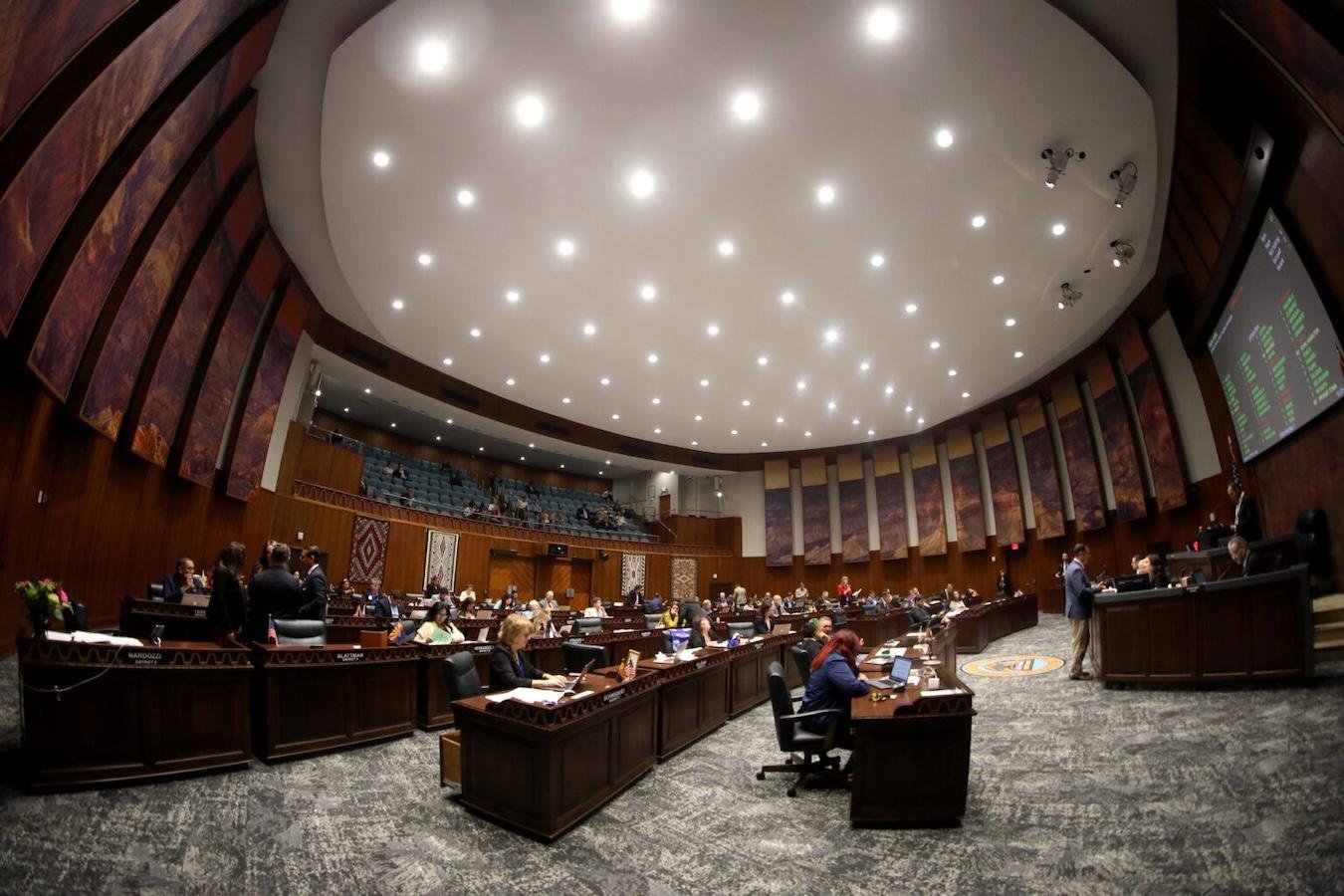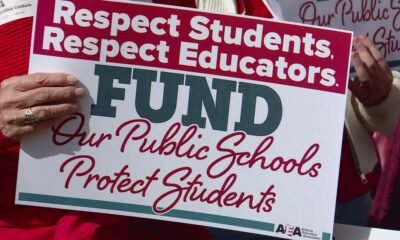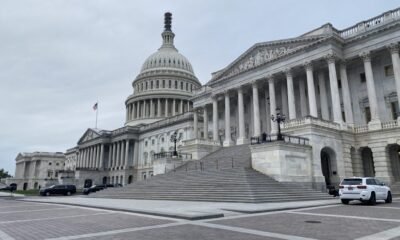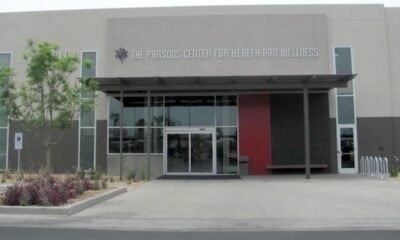arizona
Az Republicans Divided Over Urgent Decision on Prop. 123 School Funding Extension

A critical public school funding initiative in Arizona, Proposition 123, is set to expire in less than two weeks, leaving educators and advocates concerned. The current GOP proposal is drawing criticism for not adequately addressing the needs of public education.
Proposition 123, which provides $300 million annually to K-12 schools, will end this month, dramatically reducing funding. Lawmakers have been unable to reach a consensus on a replacement plan. Tensions are rising within the Republican-controlled legislature, with disagreements over how much funding should be allocated and whether new conservative priorities should be added to the Arizona Constitution.
Initially approved by voters in 2016, Proposition 123 was implemented to resolve a lawsuit from school districts regarding underfunding. The measure increased revenue distribution from the state land trust from 2.5% to 6.9%. When it reverts to 2.5% after June, Arizona’s public schools stand to lose over $200 million in funding.
Despite the looming funding crisis, the state’s general fund will temporarily fill the gap while lawmakers negotiate. Last year’s attempts to provide a $4,000 raise for teachers failed amid bipartisan disapproval. Additionally, previous efforts to link support for charter schools with the funding renewal fell apart, indicating ongoing fractures within the party.
The most recent legislative proposal to extend Proposition 123 has not been well received. During a committee hearing, educators voiced strong concerns, particularly about restrictions that would limit pay raises to certified teachers meeting performance benchmarks. This narrowly focused approach excludes vital support staff, including bus drivers and nurses, who play crucial roles in students’ daily lives.
Marisol Garcia, president of the Arizona Education Association, argued that disregarding support staff undermines the overall educational experience. “The people students see first—crossing guards, cafeteria workers—are essential,” she emphasized, calling for a broader definition of eligible personnel for funding increases.
Another advocate, Amanda Lugo, expressed frustration after hearing that paraprofessionals, who provide crucial support to special needs students, would also be excluded from pay raises. Lugo underscored the necessity of their roles, stating, “These roles are not optional. They are essential for the success of our students.”
Concerns about teacher retention are also mounting. The current proposal requires performance evaluations to determine pay raises, but Garcia criticized this approach, suggesting it offers more of a bonus than a legitimate salary increase. Over 2,000 teaching positions were unfilled as of September last year, highlighting the ongoing crisis in attracting and retaining educators.
Despite initial criticisms, lawmakers are not ruling out potential amendments to the proposal. Rep. Walt Blackman warned that his support could waver if deregulation of charter and private schools is considered. His concerns echo fears about special needs students potentially being turned away from schools under a deregulated regime.
While Republicans maintain a majority in both chambers, a lack of bipartisan support could jeopardize the proposal’s future. The extension passed through committee along party lines, with Democrats united in opposition. The fate of the renewed Proposition 123 now hinges on upcoming discussions and potential changes before it moves to a full vote in the House.
As educators and advocates continue to voice concerns, the uncertainty surrounding public school funding remains an urgent issue in Arizona. With the deadline fast approaching, the pressure is on lawmakers to find a solution that adequately serves all facets of the public education system.


















